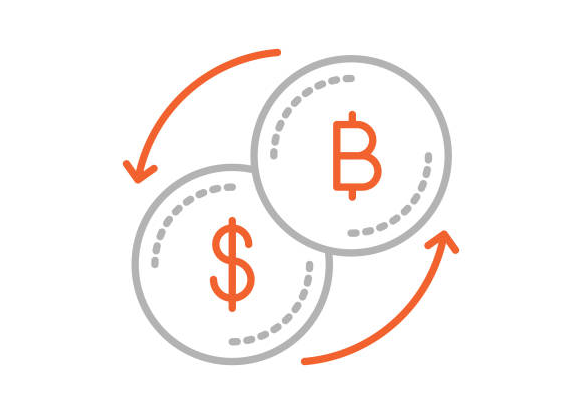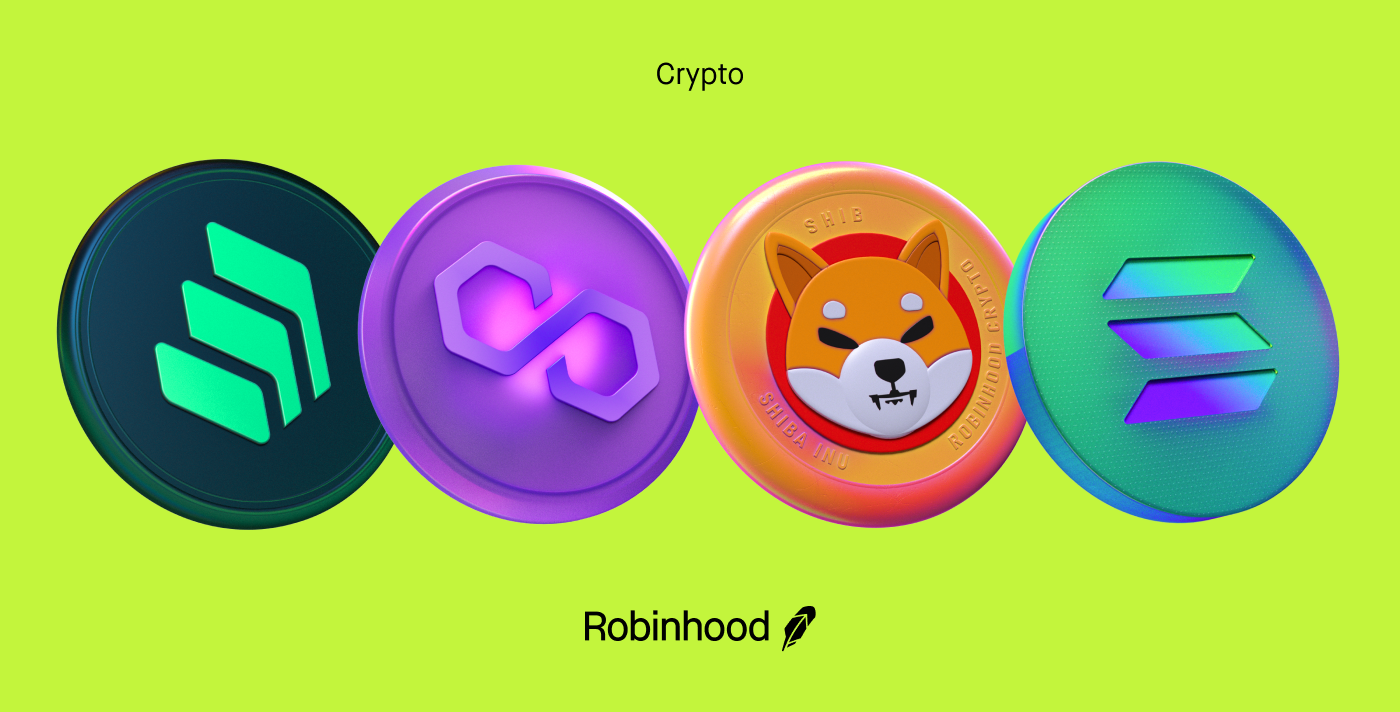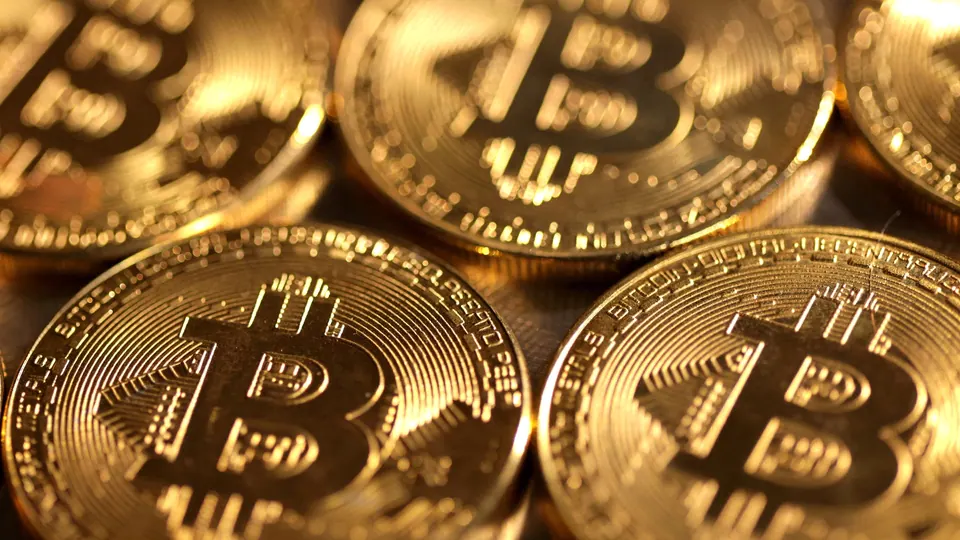
The role of Blockchain in Finance and Banking
Introduction Blockchain technology has revolutionized many industries, and the world of finance and banking is no exception. Blockchain technology is a decentralized digital ledger that is used to record transactions. It is a transparent and secure way to store information, and it has the potential to transform the financial industry. In this article, we will discuss the role of blockchain in the world of finance and banking. Increased efficiency and transparency in payments One of the most significant benefits of blockchain technology is that it can increase efficiency and transparency in payments. Blockchain technology eliminates the need for intermediaries in the payment process, such as banks, payment processors, and other financial institutions. This means that payments can be made faster and at a lower cost. Blockchain technology also provides a transparent record of all transactions, which makes it easier to track payments and prevent fraud. The transparency of the blockchain ledger ensures that all parties involved in a transaction can view the details of the transaction. This helps to eliminate errors and fraud, and it increases the trust between parties. Reduced costs and fees Blockchain technology can also reduce costs and fees associated with financial transactions. By eliminating intermediaries in the payment process, blockchain technology can reduce the cost of processing payments. This can be particularly beneficial for international payments, which can be expensive and time-consuming. Blockchain technology can also reduce the cost of compliance for financial institutions. Compliance with regulations such as Anti-Money Laundering (AML) and Know Your Customer (KYC) can be costly for financial institutions. Blockchain technology can automate the compliance process, making it easier and less expensive to comply with regulations. Improved security and fraud prevention Blockchain technology provides improved security and fraud prevention in the financial industry. The decentralized nature of blockchain technology means that there is no single point of failure. This makes it more difficult for hackers to attack the system and steal sensitive information. The use of blockchain technology also ensures that transactions are irreversible. Once a transaction has been recorded on the blockchain ledger, it cannot be altered or deleted. This helps to prevent fraud and increases the trust between parties. Increased financial inclusion Blockchain technology has the potential to increase financial inclusion. Many people around the world do not have access to traditional banking services. Blockchain technology can provide an alternative way to access financial services. Blockchain technology can be used to create digital identities that can be used to access financial services. This can be particularly beneficial for people who do not have traditional forms of identification, such as a passport or driver’s license. Challenges and limitations of blockchain technology in finance and banking While blockchain technology has many benefits, there are also some challenges and limitations. One of the main challenges is scalability. Blockchain technology can be slow and expensive to scale, which can limit its use in the financial industry. Another challenge is regulatory uncertainty. Many countries have different regulations regarding blockchain technology, which can create a complex regulatory environment for financial institutions. This can make it difficult for financial institutions to adopt blockchain technology. Blockchain-based cryptocurrencies One of the most well-known use cases of blockchain technology in the financial industry is cryptocurrency. Cryptocurrencies such as Bitcoin, Ethereum, and Ripple are built on blockchain technology. They are decentralized, digital currencies that can be used to make transactions without the need for intermediaries such as banks or payment processors. The use of cryptocurrencies has the potential to disrupt the traditional banking system. Cryptocurrencies allow for faster and cheaper cross-border payments, and they provide a level of privacy that is not available with traditional banking services. However, the volatility of cryptocurrencies and their association with illicit activities has made them a controversial topic in the financial industry. Smart contracts Another use case of blockchain technology in the financial industry is smart contracts. Smart contracts are self-executing contracts that are stored on a blockchain. They are programmed to automatically execute when certain conditions are met. Smart contracts can be used in a variety of financial transactions, such as loans, insurance claims, and derivatives. They provide increased efficiency and transparency in the execution of contracts, and they can reduce the need for intermediaries such as lawyers or notaries. However, the use of smart contracts in the financial industry is still in its early stages, and there are challenges associated with their implementation. One challenge is the need for standardization of smart contract protocols to ensure compatibility across different blockchain platforms. Blockchain-based digital identity Blockchain technology can also be used to create digital identities that can be used to access financial services. Digital identities can be created by linking biometric data such as fingerprints or facial recognition to a blockchain-based identity. Blockchain-based digital identities can provide increased security and privacy compared to traditional forms of identification. They can also provide financial services to individuals who do not have access to traditional forms of identification, such as refugees or people living in rural areas. However, the implementation of blockchain-based digital identity systems faces challenges such as regulatory compliance, data privacy, and interoperability between different blockchain platforms. Final thoughts Overall, blockchain technology has the potential to transform the financial industry by providing increased efficiency, transparency, security, and financial inclusion. However, the adoption of blockchain technology in the financial industry is still in its early stages, and there are challenges associated with its implementation. Financial institutions that adopt blockchain technology early on can gain a competitive advantage and provide better services to their customers. As blockchain technology continues to evolve, it is likely that its role in the financial industry will continue to grow, and we will see more innovative use cases emerge. Conclusion In conclusion, blockchain technology has the potential to revolutionize the financial industry. It provides increased efficiency, transparency, and security in payments. Blockchain technology can also reduce costs and fees associated with financial transactions, and it has the potential to increase financial inclusion. While there are challenges and limitations associated with blockchain…

















